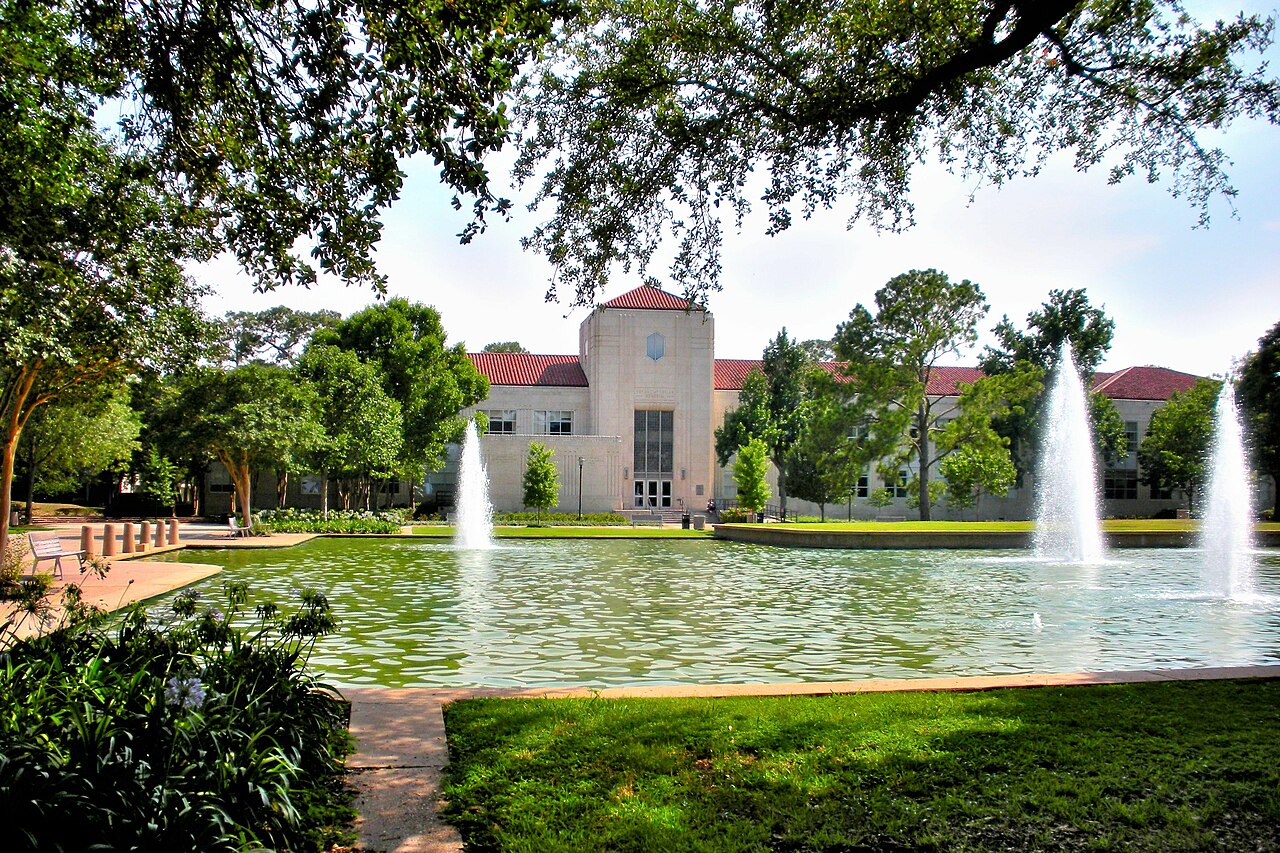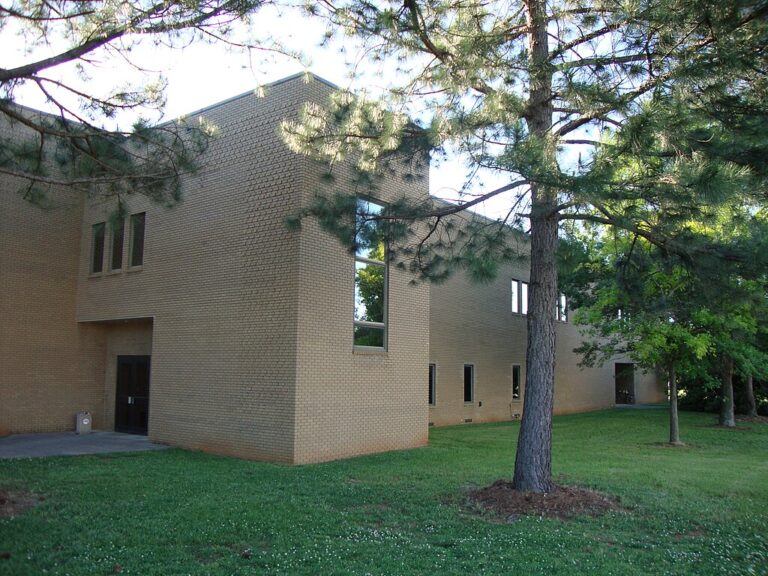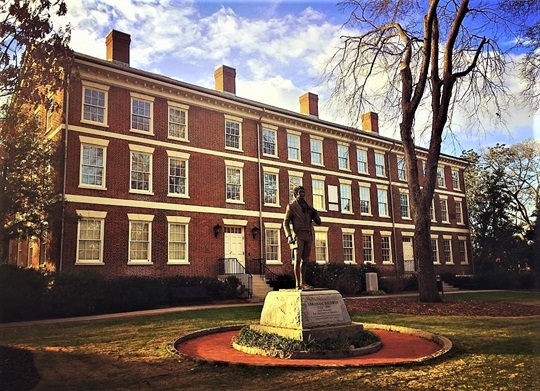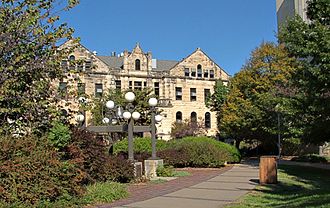Multiple positions in the broad area of Learning-Enabled Control for Complex Systems
Job description
At the Advanced Learning, Artificial Intelligence and Control laboratory our objective is to design learning-enabled predictive and adaptive control algorithms for safety critical systems, combining tools from machine learning (ML) and optimization theory. This combination harnesses the power of data and has the potential to leverage the strengths of both fields. One prime candidate for the application of predictive and adaptive controllers is the automated regulation of glucose concentration in people with type 1 diabetes. The state-of-the-art control algorithms currently adopted in clinical trials are based on model predictive control (MPC) to optimize insulin dosages and ensure constraint satisfaction over a certain prediction horizon. To overcome the limitations associated with the traditional MPC approach, in our research group we propose to introduce Data- Enabled neural Multi-Step Predictive control (DeMuSPc), a new data-enabled framework for the development and tuning of predictive controllers for automated insulin delivery. We are currently seeking candidates for an NSF-supported project to work in this field, combining theory with applications. Topics include, but are not limited to:
1. Design data-enabled predictive controllers that directly exploit neural multi-step affine output predictors with certain prescribed behavioral properties.
2. Design data-enabled automatic tuning and adaptation for a predictive controller’s policy parameters.
Candidates will be responsible for conducting research, writing scientific papers for dissemination of results, mentoring undergraduate students (if at graduate level) and taking part in outreach activities. Candidates will work under the direct supervision of Dr. Marzia Cescon and will be affiliated with the Advanced Learning, Artificial Intelligence and Control lab.
Requirements
The successful candidate is driven, creative and team oriented and has the following qualifications:
- Fundamental knowledge in the field of automatic control and machine learning and a strong mathematical background.
- Solid programming skills (Matlab/Simulink, Python, Git).
- BSc/BTech/MSc degree in systems and control, applied mathematics, mechanical engineering, electrical engineering or a related field.
- The capacity to communicate effectively with peers, students and stakeholders in the application field
- An open personality and good communication skills in written and spoken English.
Conditions of Employment
We accept visiting students and interns every time of the year.
The earliest start of the PhD positions is the Fall Semester 2024. Successful candidates will be enrolled in the University of Houston Graduate School and receive competitive financial support, including tuition exemption and generous travel allowances for conference attendance. The UH Graduate School provides an inspiring research environment with an excellent team of supervisors, academic staff and mentors. The doctoral education program is aimed at developing transferable, discipline-related and research skills of the students.
Additional information
For more information about the vacancies please contact Prof. Marzia Cescon, mcescon2@uh.edu, or visit the laboratory website: https://cescon.me.uh.edu
*Following is the full advertisement provided.




